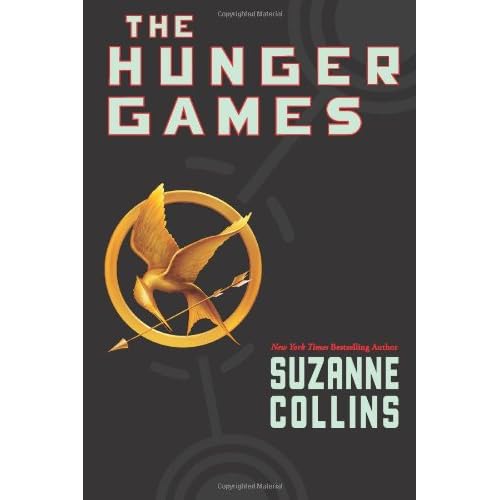
Divergent is the first book in a trilogy by Veronica Roth. The setting is a future dystopian Chicago, where the city – and presumably the country (although nothing much is ever said about the world outside of Chicago) – have been split into five factions according to personality:
Abnegation (the selfless)
Amity (the kind)
Candor (the honest)
Dauntless (the brave)
Erudite (the intellectual)
All children are given an aptitude test when they are 16 to determine which faction they are best suited for. Then, in a public ceremony, they choose a faction for life. If the faction is different than the one they were raised in, bye-bye family (“faction before blood” is their motto).
Those who fail to assimilate into their chosen faction are the factionless, doomed to live in the projects and take the “undesirable” jobs (like janitors and sanitation workers). Ouch.
The narrator of Divergent is Beatrice, or “Tris,” as she prefers to be called once she leaves her Abnegation family to join the daredevil Dauntless faction. Her aptitude test results were inconclusive, ruling out only Amity and Candor, and making her “Divergent” – something that she doesn’t understand, but is told is something she must keep secret if she wants to live.
After deciding that she isn’t selfless enough and that her inner monologue is too snarky to really belong in Abnegation, and never really considering Erudite at all, Tris begins initiation into the Dauntless faction, most of which consists of jumping on and off of moving trains, hallucinating her worst fears, and hurling herself from great heights. She bonds with her fellow transfer initiates (all of whom are either from Candor or Erudite), develops a crush on her 18-year-old instructor, and gets beaten up a lot.
Eventually, Tris’ Divergent nature starts to help her excel in her training — a little too much. She is warned repeatedly — with little to no explanation — to keep her Divergency hidden. And ultimately, through some shoehorned monologuing by the Bad Guy, we learn why it upsets the Powers that Be so much for her to be running around, Divergent. Unfortunately, by the time she learns the truth, it may be too late…
Plot contrivances aside, I really enjoyed this book. No, I don’t think the factions were explained well, and I don’t believe a lot of the rules of the world makes sense. But I was able to suspend my disbelief enough to immerse myself in Tris’ POV, and when you just accept that everything in her world makes sense (even though it doesn’t), it’s an enjoyable read. I’m hoping that some of the more practical questions about the world, why it exists, and how it functions are answered in the next book in the series, Insurgent.
I also hope to see Tris a bit more well-rounded in the next books. She is remarkably self-absorbed, suspicious, and unforgiving in her treatment of others. Even though she was supposed to have equal aptitude for Abnegation, Dauntless and Erudite, I didn’t see many selfless or intellectual traits in her (she figured a couple simple things out using her wits, but the Erudite are supposed to be the exceedingly intelligent, not just the not-stupid). It’s a puzzle, considering she spent the first 16 years of her life among the Abnegation.
This book isn’t perfect. The characters were sometimes confusing. Sometimes infuriating. Some of the plot twists really come out of left field, and others you can see coming miles away. There are gaping holes in some of the logic. And the world building is extremely under-developed.
All that said, I still enjoyed it. It’s fast-paced, it’s entertaining, and it’s escapist. It was a fun way to spend a couple afternoons, and I’m looking forward to finding out what comes next in Insurgent.
Content guide: Contains violence, daredevil scenarios, several scenes designed to play on fear.

